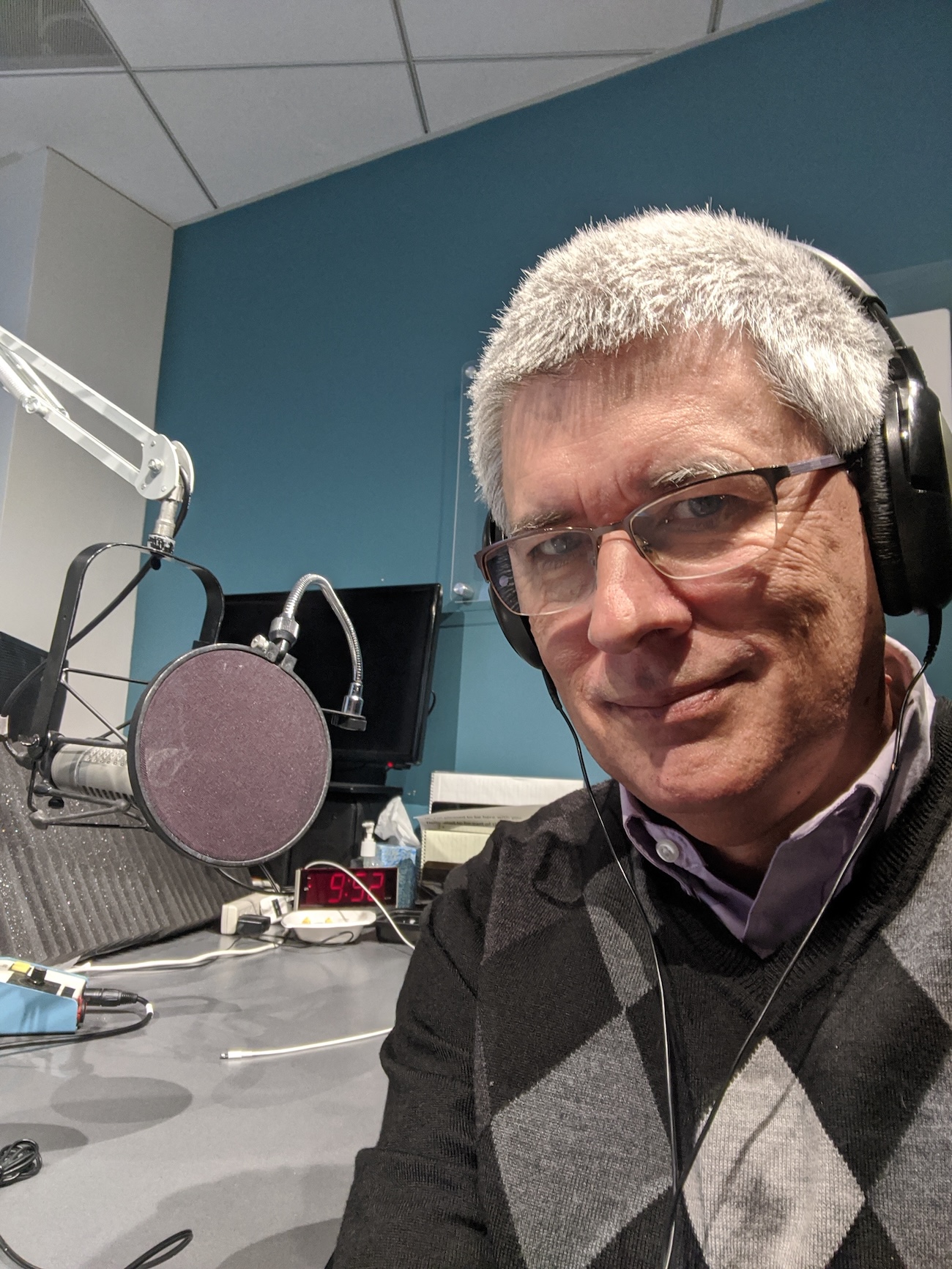We recently connected with Mills Kelly and have shared our conversation below.
Mills, looking forward to hearing all of your stories today. Can you talk to us about a project that’s meant a lot to you?
The most meaningful project I’ve worked on thus far is my recent book Virginia’s Lost Appalachian Trail. The book began as a way to tell the story of the single most significant change to the route of the Appalachian Trail in its 100-year history and I was pretty sure it would be interesting to the large and engaged AT hiking community. I learned what I could in the archives and then got in my car and drove to far Southwestern Virginia to get a sense for the place where my story happened. As I drove around this very rural part of the state — for example, Floyd County has just one traffic light in the entire county — I just kept stopping and talking to people I saw. I spoke with food servers, an antique dealer, a librarian, two guys making a documentary film about a natural gas pipeline, a couple of farmers, and over time they pointed me to people who knew a lot about what I had been thinking about as “my story.” When I got in touch with and eventually met those folks, I realized that it wasn’t my story at all. It was theirs. And more importantly, the book I’d been working on wasn’t about the Appalachian Trail at all, although the trail did provide the throughline that held the narrative together. Instead, the book was about the persistence of historical memory in rural communities and how those memories shape the lives of generations of people living in some of our most out of the way places. Once the book came out and I started to give presentations about it, that sense of meaning was reenforced by the large numbers of people who came to hear me speak, to tell me their connections to my story, to give me copies of old family photographs. They wanted, sometimes desperately, to be heard, to be remembered, and to matter. I’m so glad I shifted the focus of my book to their story, because it made the book much more meaningful to me and to the people I wrote it for.
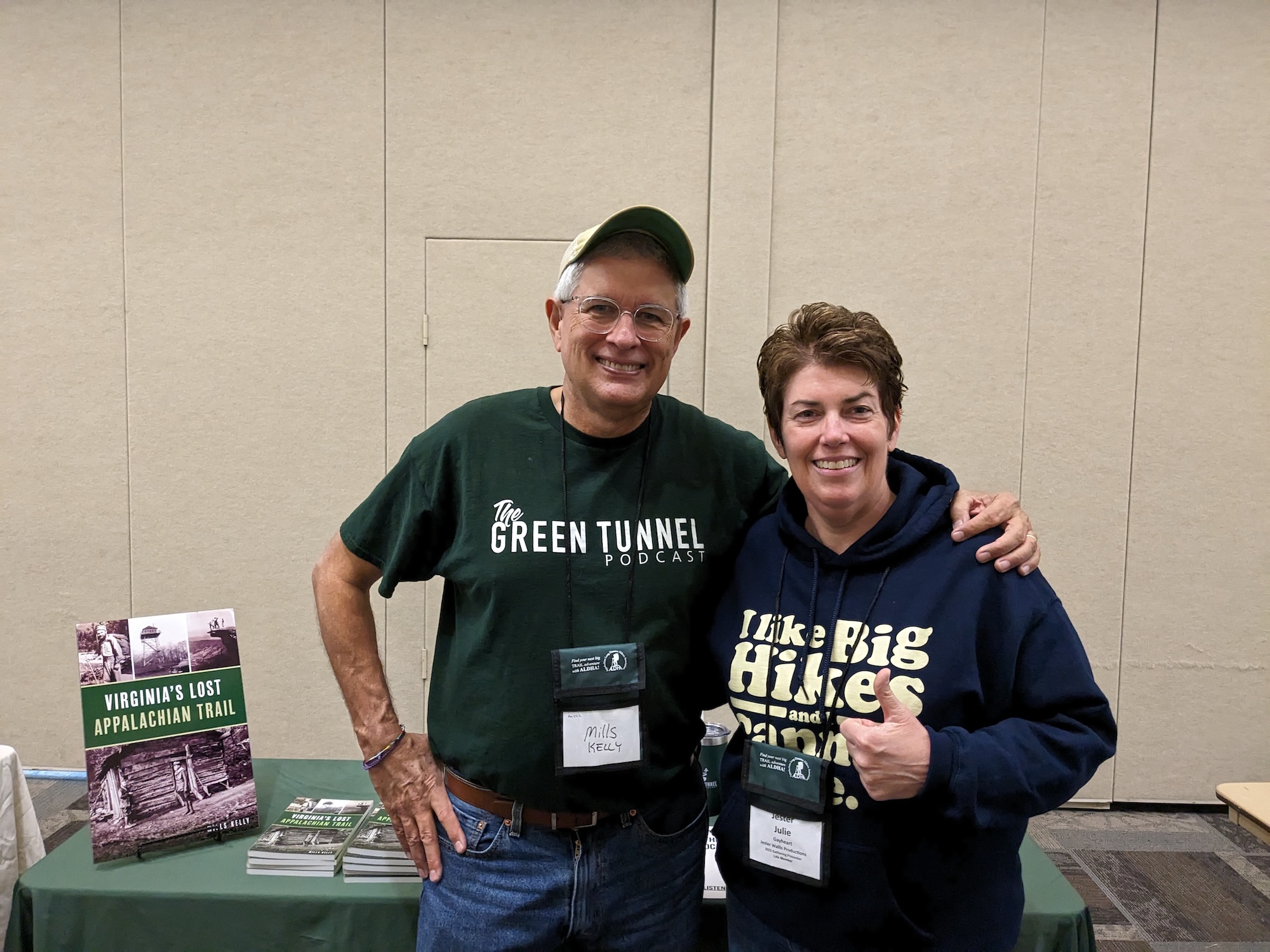
Great, appreciate you sharing that with us. Before we ask you to share more of your insights, can you take a moment to introduce yourself and how you got to where you are today to our readers.
I’m an academic historian who found myself increasingly chafing under the expectations of my discipline and professional community. I was expected to write books and essays filled with footnotes and theoretical analysis. What I wanted to write was books that told stories that mattered to my readers. And I wanted those readers to be the general public, not a small circle of other scholars. I have tremendous respect for what my colleagues do, but it wasn’t what I wanted to do for myself. So, about ten years ago I decided to break free from the expectations of my peers and write the books and essays I wanted to write. Since I made that decision I’ve been much happier in my professional life and I have readers who are devoted to my work and who engage with me on a regular basis. In other words, I have an audience.
But to me writing is not just about developing an audience. It’s about creating community. In this particular moment in history, when there are so many forces intent on pitting us against one another, I want my work to do what it can to counter those forces, to help my readers find common ground through topics they care about, and to help them find one another. It’s something I think I’m making progress on and with the October publication of my forthcoming book (A Hiker’s History of the Appalachian Trail), I’ll have many new opportunities to help with that community building effort.
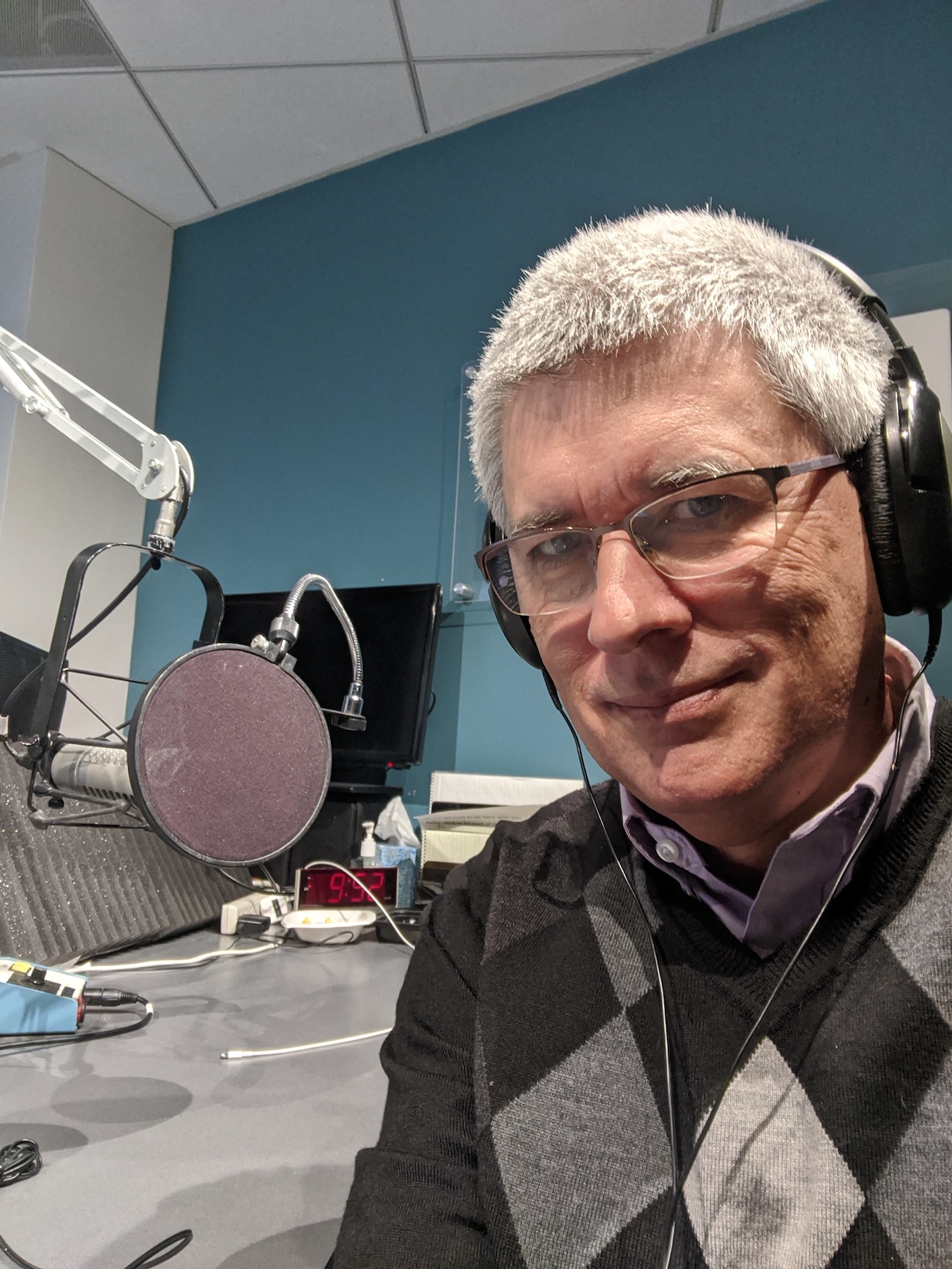
What do you think helped you build your reputation within your market?
I’m an author who writes non-fiction, so it’s essential that everything I write be factually accurate. What that’s meant for me is being very, very diligent in my archival research and in my interviewing of people I write about. If I make any mistakes of substance, my readers will notice and they’ll turn away from me and my work. Over the past decade that attention to detail has meant that I’ve become a trusted voice in the community that cares about my work and the subjects I write about. But being accurate and clear isn’t enough to build an audience or a community of readers.
To build that audience I have pursued a multi-part strategy that, in addition to my publications, includes a popular podcast (The Green Tunnel), regularly pushing content to social media, in my case Instagram and Facebook because that’s where my readers are, a blog that lets me explore topics touched on in my published writings, and, perhaps most importantly, a ton of public speaking. In the two years since the publication of my most recent book (Virginia’s Lost Appalachian Trail) I have given more than 40 public talks–at libraries, annual meetings of organizations, women’s groups, etc.–that let me connect with my readers in ways no social media can. The people I meet at those events sign up for my social media and stay connected to me in that way, but that happens because we’ve met in person. That personal touch has been central to all my subsequent success as an author.
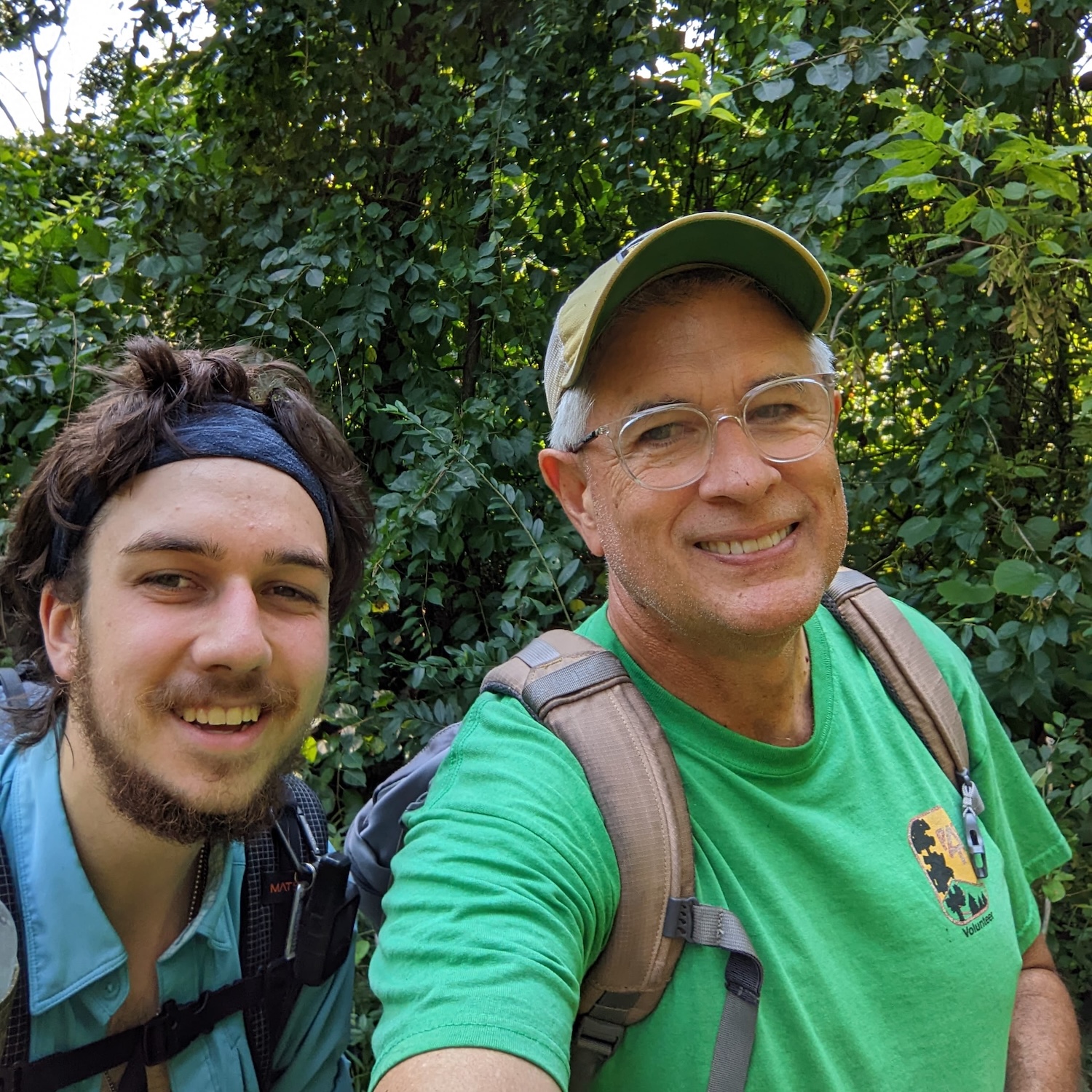
Do you have any insights you can share related to maintaining high team morale?
This advice is unrelated to my work as an author and comes from my many years of management in various organizations. My philosophy of management is actually very simple and derives from a conversation I had with an elementary school principal in Siem Reap, Cambodia. I met him when I was doing volunteer work there in 2007 and I asked him what his management philosophy was. He told me that first, he wanted to make sure all his 2,000+ children were safe. Then he wanted to make sure they were healthy. Then he wanted them to learn what they needed to learn. And he made it clear that these three tenets were in priority order.
My approach to managing teams is built on his wisdom. On my first day in my most recent management role, I told the team that first I wanted to make sure they were safe, then I wanted to make sure they were healthy, then I wanted to make sure they had the resources they needed to drive our field forward at a very high level of quality. And that these were in priority order. Two weeks later we had a fortunately false active shooter situation that required me to make sure everyone was locked away safe in their offices. Then Covid hit. Those events took care of points one and two in my philosophy of management. Over the next four years our organization had its most successful period of work in two decades. We had the right people in the right roles and they felt safe, secure, supported, and understood that I had their back at all times. Knowing those things freed them up to do incredible work.
Contact Info:
- Website: http://millskelly.net
- Instagram: tkelly7029
- Facebook: https://www.facebook.com/mills.kelly.2025
- Linkedin: https://www.linkedin.com/in/mills-kelly-7a76981a7/
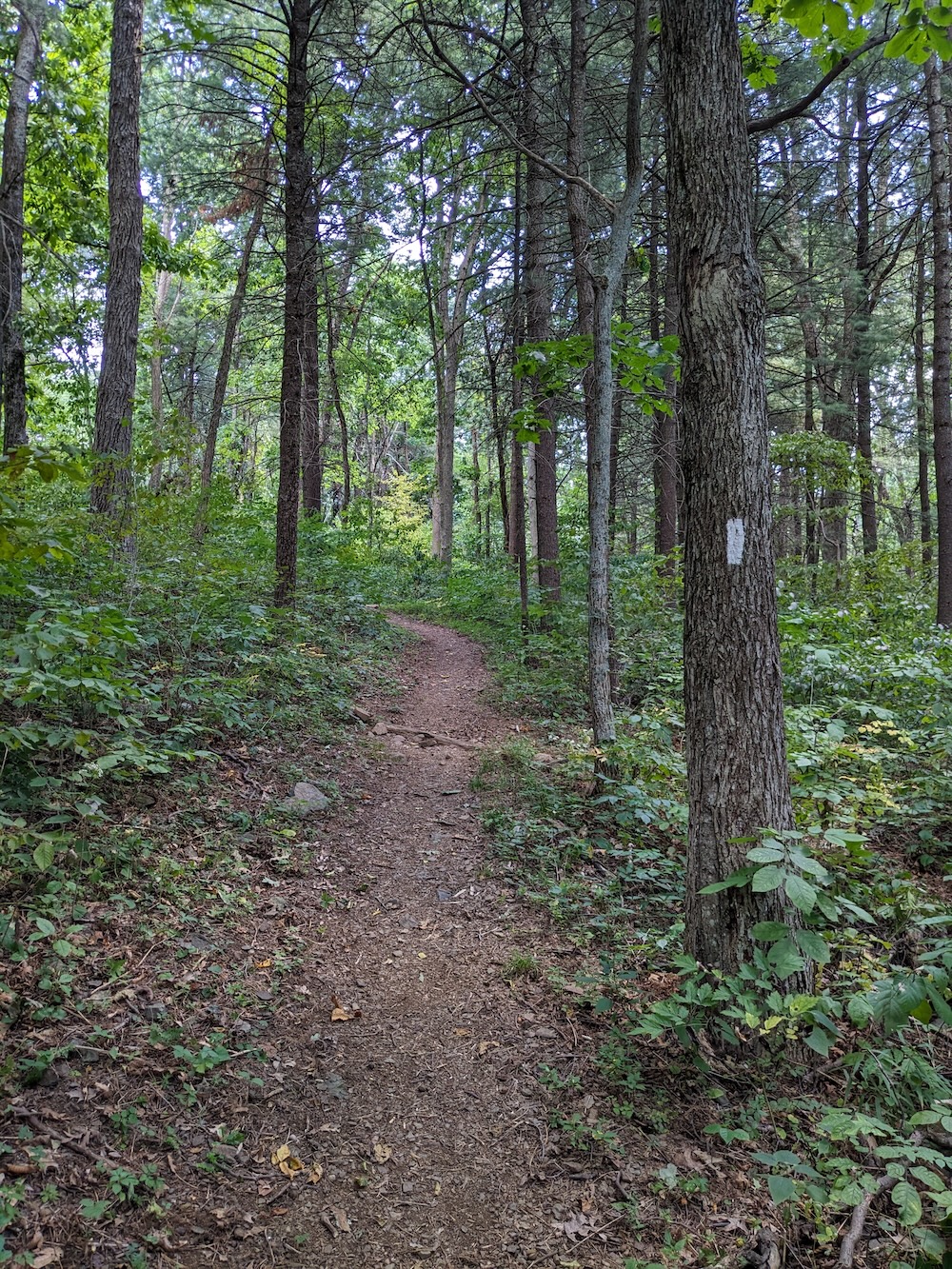
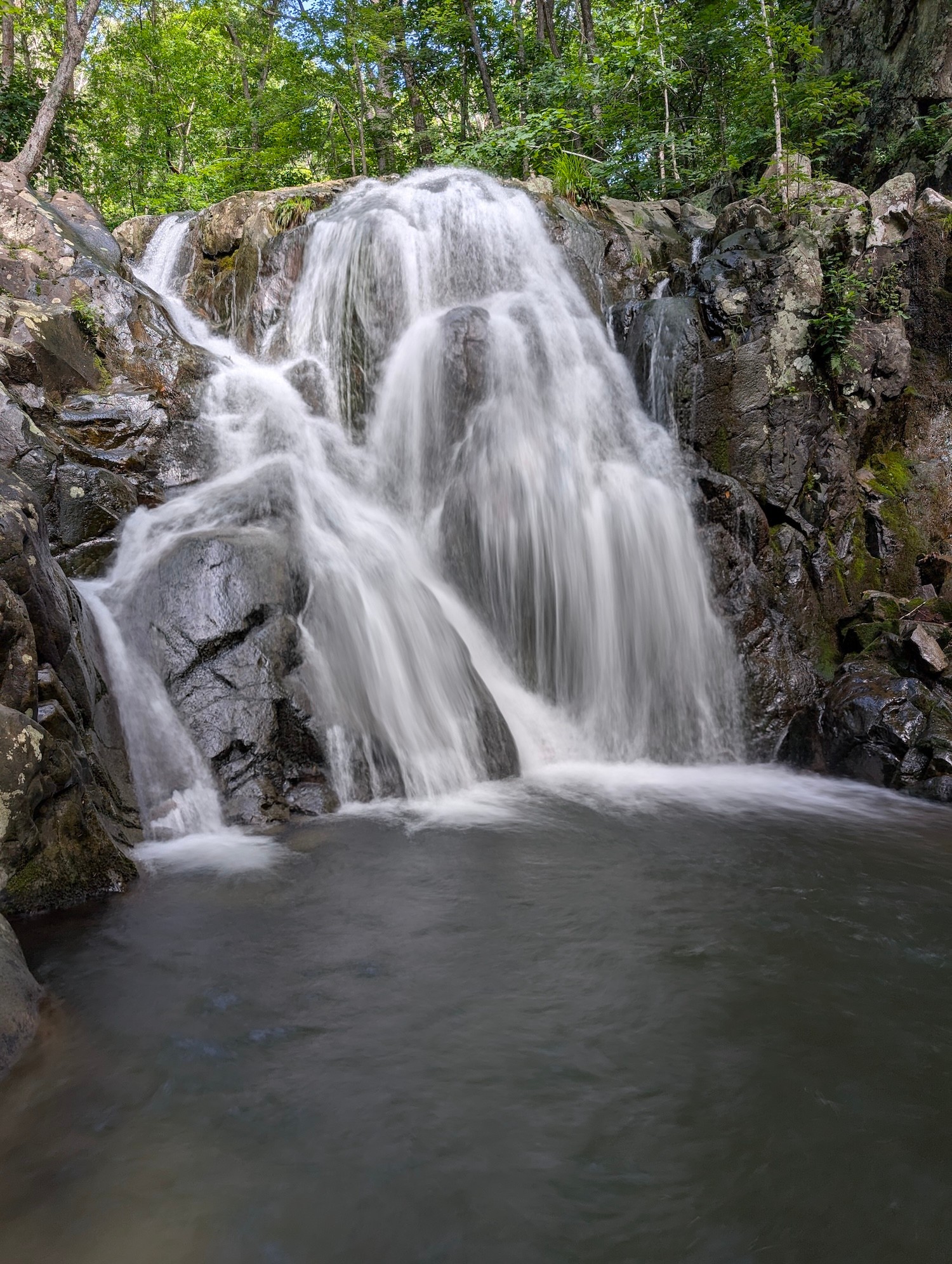
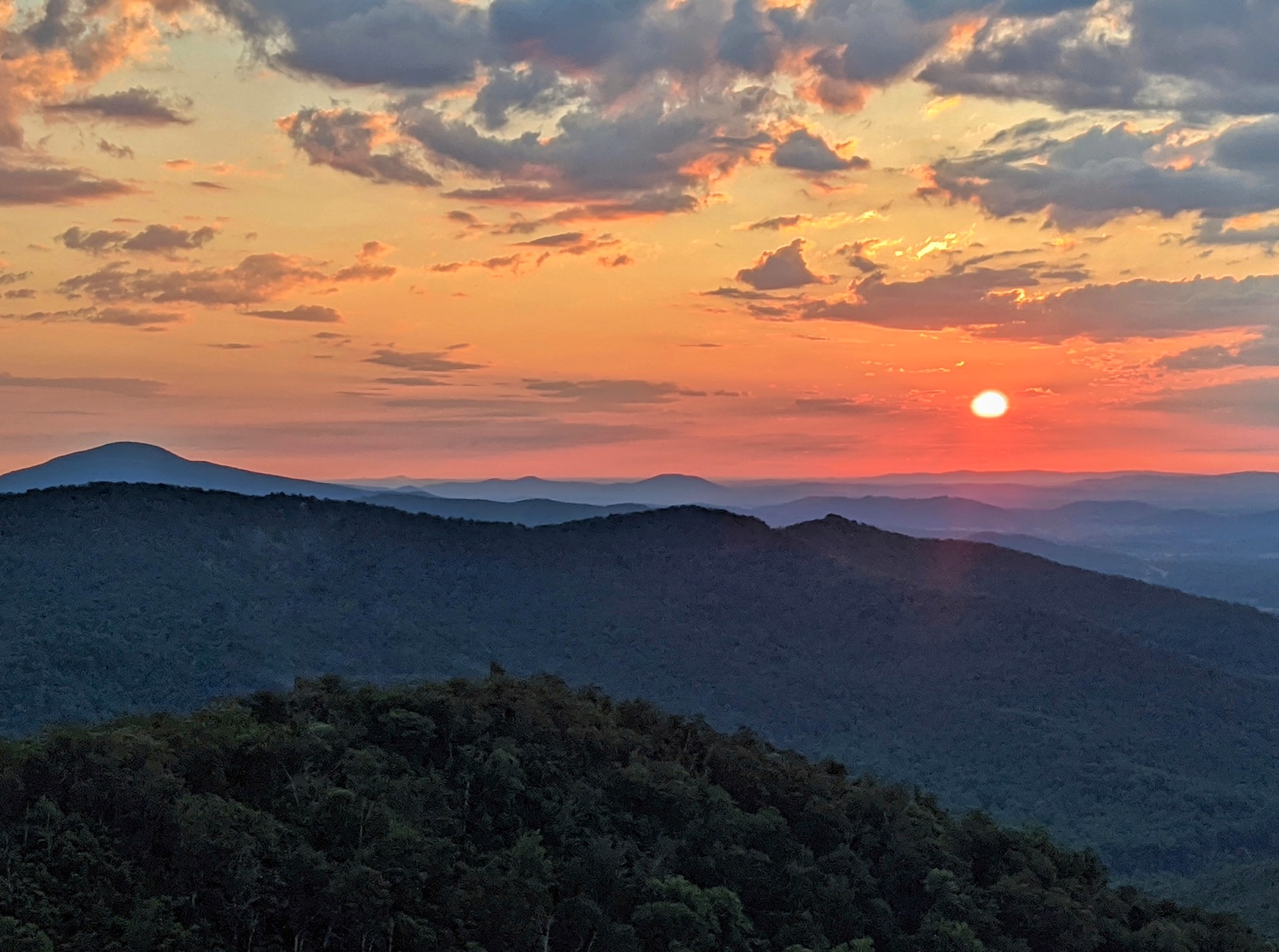

Image Credits
I am the photographer for all of those images.


